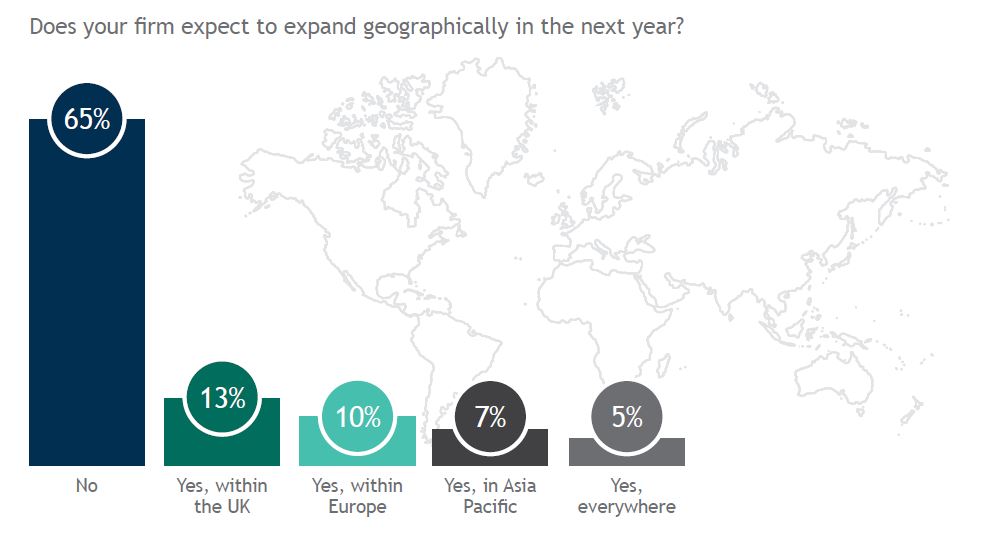Business direction
Digital transformation and the ‘new normal’

Digital transformation and the ‘new normal’
The coronavirus pandemic has accelerated adoption of technology across the working world. Lockdown has pushed much of our work lives online, changing the way that we meet and communicate with one another, and creating a greater need for data security.
Technologies that connect people and make data accessible remotely have quickly become a routine fact of business life. As these continue to evolve, firms are faced with new challenges and decisions about adopting and investing in technologies that have a deep impact on their medium-term competitive position in the market.
To date, most technology investment by law firms has been inward-looking. A recent report into lawtech adoption and training1 found that the three most common uses of lawtech among lawyers were “document / knowledge management” (80%), “accounts / time recording” (69%) and “document automation / matter workflow” (43%).
Although these investments drive efficiencies, they are technologies that can generally be applied without dramatic shifts in mindset or in the delivery of legal services.
As the economy becomes increasingly digital, cultural shifts among customers and new technological capabilities (particularly in relation to the manipulation and analysis of the ever-increasing volumes of data that are recorded and stored) will change the way in which services are sold and delivered, just as radical disruption has already impacted other parts of the economy (e.g. retail, travel, television). The legal landscape will pivot also as the law itself changes, driven by the growing recognition that the advancing frontiers of what is technologically possible bring with them challenges as to what is morally acceptable.
The changes to the market will impact the skills and technology lawyers will need to remain profitable. Digital transformation - rethinking how an organisation uses technology, people and processes to fundamentally change business performance - is already happening in the legal market and elsewhere. And it works: one report by McKinsey Global Institute2 concludes that data-driven organizations are 23 times more likely to outperform their competitors in customer acquisition, are 6.5 times as likely to retain the acquired customers, and 19 times as likely to be profitable.
The 2020 pandemic lockdown has shown how quickly digital transformation can happen and has spurred some firms to consider ways in which their operations can (or must) change in the future to adapt to the ‘new normal’ and beyond. It is an emerging necessity that firms allow themselves to consider the changes required for a sustainable future. As The Law Society noted in its recent report on the digital future3: “Agility, engagement, collaboration and tech rich digital models are, first and foremost, an attempt to handle the degree of change coming.”

Sources
1. www.law.ox.ac.uk/sites/files/oxlaw/oxford_lawtech_adoption_and_training_survey_report_18_march_2.pdf
2. https://towardsdatascience.com/towards-data-driven-organization-77187a9ec425
www.mckinsey.com/business-functions/marketing-and-sales/our-insights/five-facts-how-customer-analyticsboosts-
corporate-performance
3. www.lawsociety.org.uk/topics/research/digital-futures
DISCLAIMER
By necessity, this briefing can only provide a short overview and it is essential to seek professional advice before applying the contents of this article. This briefing does not constitute advice nor a recommendation relating to the acquisition or disposal of investments. No responsibility can be taken for any loss arising from action taken or refrained from on the basis of this publication. Details correct at time of writing.
Disclaimer
This article was previously published on Smith & Williamson prior to the launch of Evelyn Partners.




